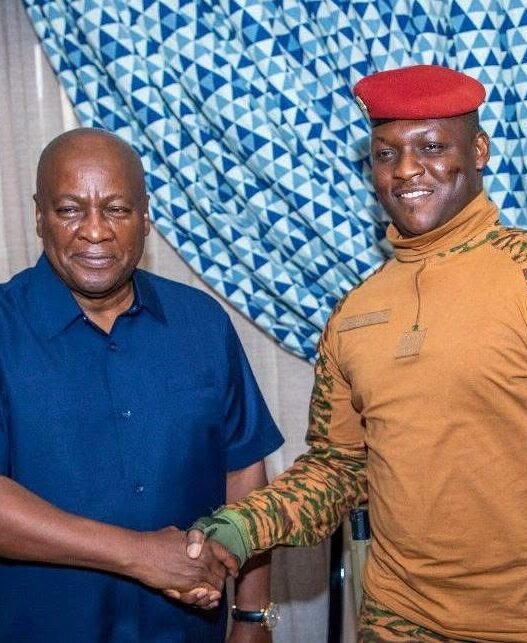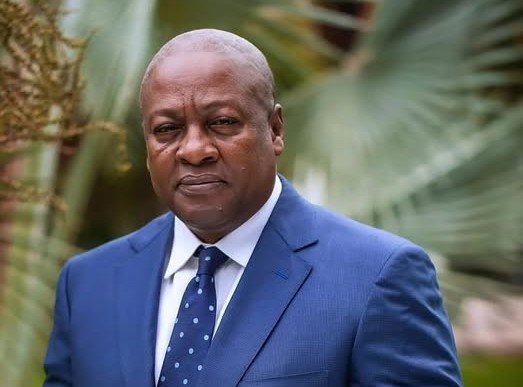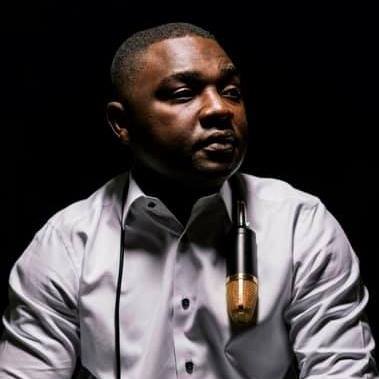Captain Ibrahim Traoré, Burkina Faso’s leader, attended Ghanaian President John Mahama’s inauguration on January 7, 2025, while visibly armed with a sidearm. The move, unusual for a visiting head of state in a formal setting, has sparked widespread debate in Ghana and beyond. Here’s a nuanced breakdown of the situation:
General Norms for Heads of State Carrying Firearms
- Varied Practices
- There is no universal protocol governing whether heads of state can carry visible firearms during diplomatic visits.
- Leaders with military backgrounds or those from countries facing heightened security threats may carry firearms as a precaution.
- Host Country Protocol
- Host countries generally dictate the security protocols for visiting dignitaries. Ghana’s security practices may have accommodated Traoré’s visible sidearm due to its unique relationship with Burkina Faso.
- Diplomatic Considerations
- The appropriateness of carrying a visible firearm also depends on the context of the visit. A visible weapon could be interpreted differently depending on the nature of diplomatic relations. Close and informal ties, as seen between Ghana and Burkina Faso, might soften perceptions.
Is It Generally Wrong?
- Not Inherently Wrong
- Whether a leader carrying a sidearm is acceptable depends on the circumstances, such as prevailing security threats and mutual agreements with the host country.
- Potential Concerns
- Security Risk: A visible firearm might make the leader a target or risk accidental discharge.
- Diplomatic Faux Pas: Some might interpret it as an implicit sign of distrust toward the host country’s security arrangements.
- Public Perception: A visible sidearm, as seen in Ghana’s social media discourse, can cause unease and may be viewed as aggressive or symbolic of instability.
Specific Context for Captain Traoré
- Burkina Faso’s Security Challenges
- Burkina Faso is grappling with internal instability and threats from militant groups. Captain Traoré’s decision to carry a sidearm could reflect his heightened personal security concerns.
- Ghana-Burkina Faso Relations
- Ghana and Burkina Faso enjoy amicable relations, which may explain Ghana’s flexibility regarding Traoré’s visible firearm.
- Comparison to Other Visits
- Traoré’s decision not to carry a visible firearm during his recent Russia visit might reflect differing security protocols or a lower perceived threat level in that setting.

Social Media and Public Reaction
The Ghanaian public has expressed mixed reactions to Captain Traoré’s visible sidearm:
- Support: Some view it as a practical response to Burkina Faso’s volatile security situation, emphasizing the leader’s personal involvement in matters of safety.
- Criticism: Others see it as inappropriate for a formal diplomatic event, suggesting it might undermine the host country’s security protocols or signal mistrust.
A Matter of Perspective
Captain Ibrahim Traoré’s choice to wear a visible sidearm at President Mahama’s inauguration is not inherently “wrong” but highlights the intersection of security concerns, cultural norms, and diplomatic protocols. While some may interpret it as a necessary precaution given Burkina Faso’s security situation, others view it as a breach of decorum or a source of public unease.
Ultimately, this decision underscores the importance of balancing security needs with diplomatic traditions and public perceptions. Context remains key, and Traoré’s actions should be understood within the framework of Burkina Faso’s challenges and its relationship with Ghana.
Watch the Post-Inauguration Video Below:





















